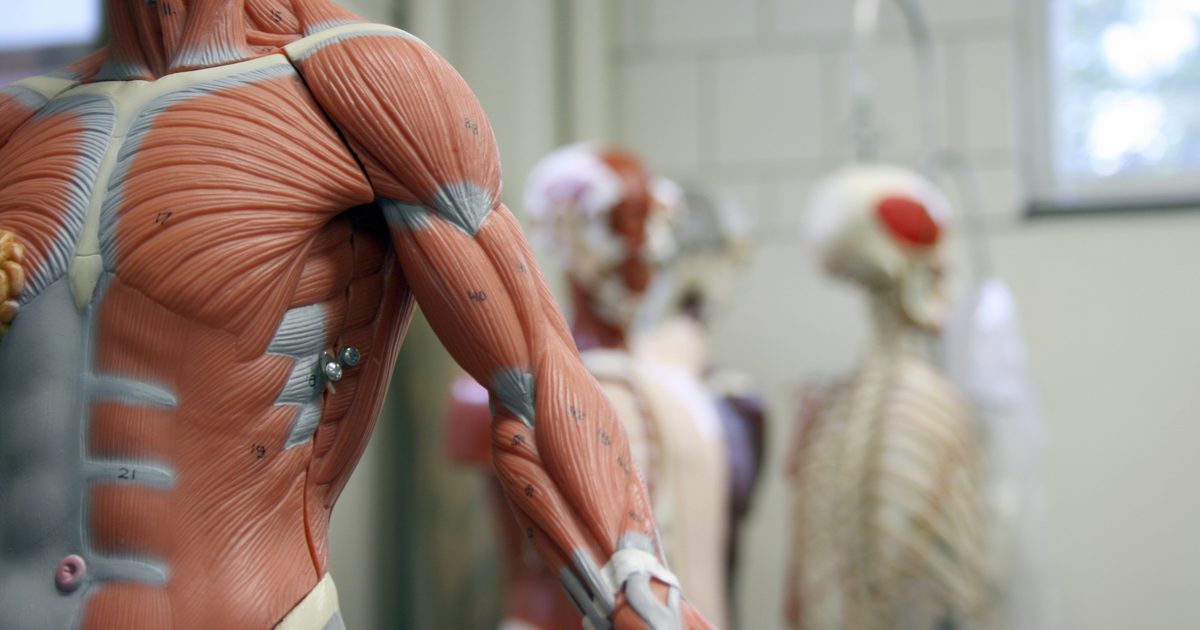Complications Of Cushing's Syndrome
Pituitary Tumor Enlargement

Pituitary gland enlargement usually occurs as the result of pituitary tumor enlargement. The tumor can be malignant or benign. About seventy percent of spontaneous Cushing’s syndrome cases are the result of a small benign tumor developing on the pituitary gland, which is referred to as a pituitary adenoma. This causes the gland to produce more ACTH, which is a hormone that tells the adrenal glands to produce cortisol. The more ACTH there is in the body, the more cortisol will be in the body. When this gland is enlarged, it may cause patients to experience headaches, and can also result in vision issues since as the gland grows, it often puts pressure on the optic nerve.
Continue reading to learn more about Cushing's syndrome complications now.
Loss Of Strength And Muscle Mass

Individuals who have Cushing's syndrome can experience loss of strength and muscle mass as a complication of their disease. The mechanism behind this symptom involves the long term effects of elevated cortisol production and its levels in the muscles. The muscle tissues are made out of thousands of muscle fibers that contain elastic tissue. Elastic tissue is composed of elastic fibers, which are made from numerous bundles of proteins. The building blocks of proteins are called amino acids. Extended periods of elevated cortisol in the muscle tissues causes amino acids to break free from some of their protein chains. This mechanism causes the breakdown of the elastic fibers, leading to the disintegration of the muscle fibers. As this process progresses, the muscles begin to waste away or reduce in size and decrease in their function. This appears externally as a loss of muscle mass in the patient, which is often accompanied by muscle weakness. Muscle weakness is defined by the inability to produce a muscle movement with the greatest effort put forth in doing so.
Understand more about the major complications linked to Cushing's syndrome now.
